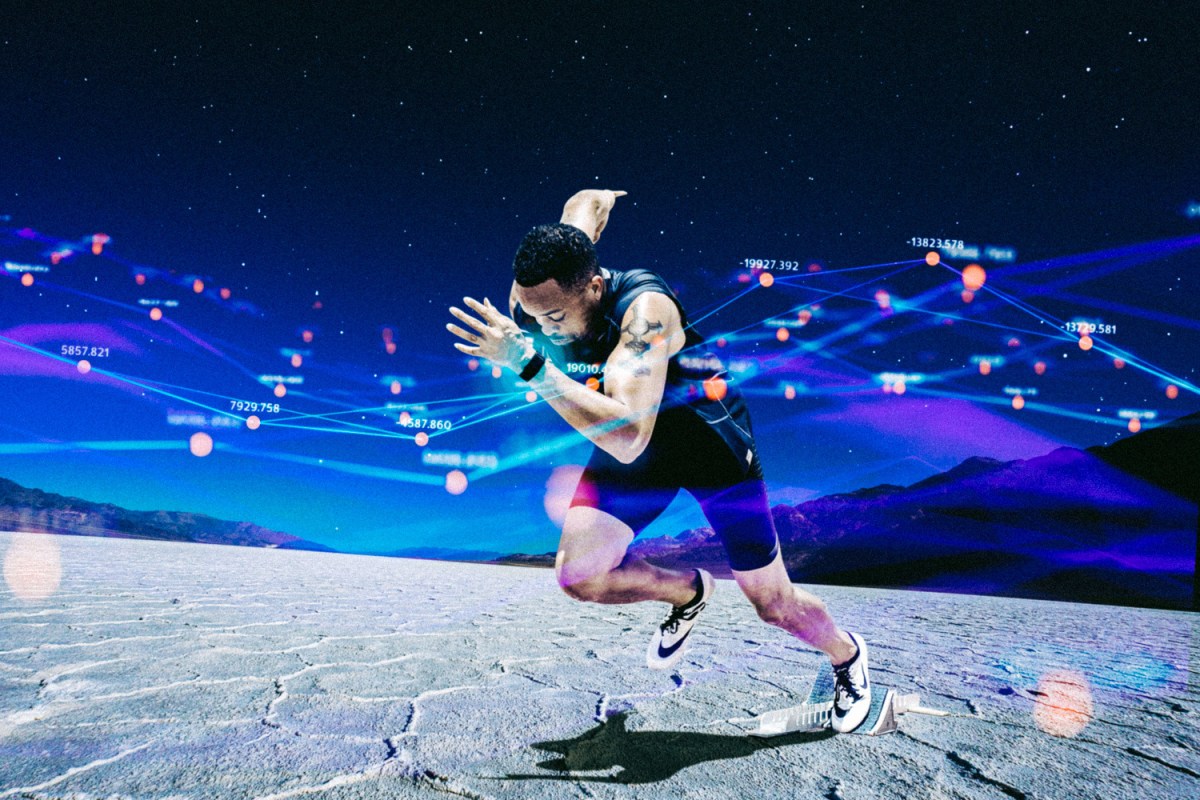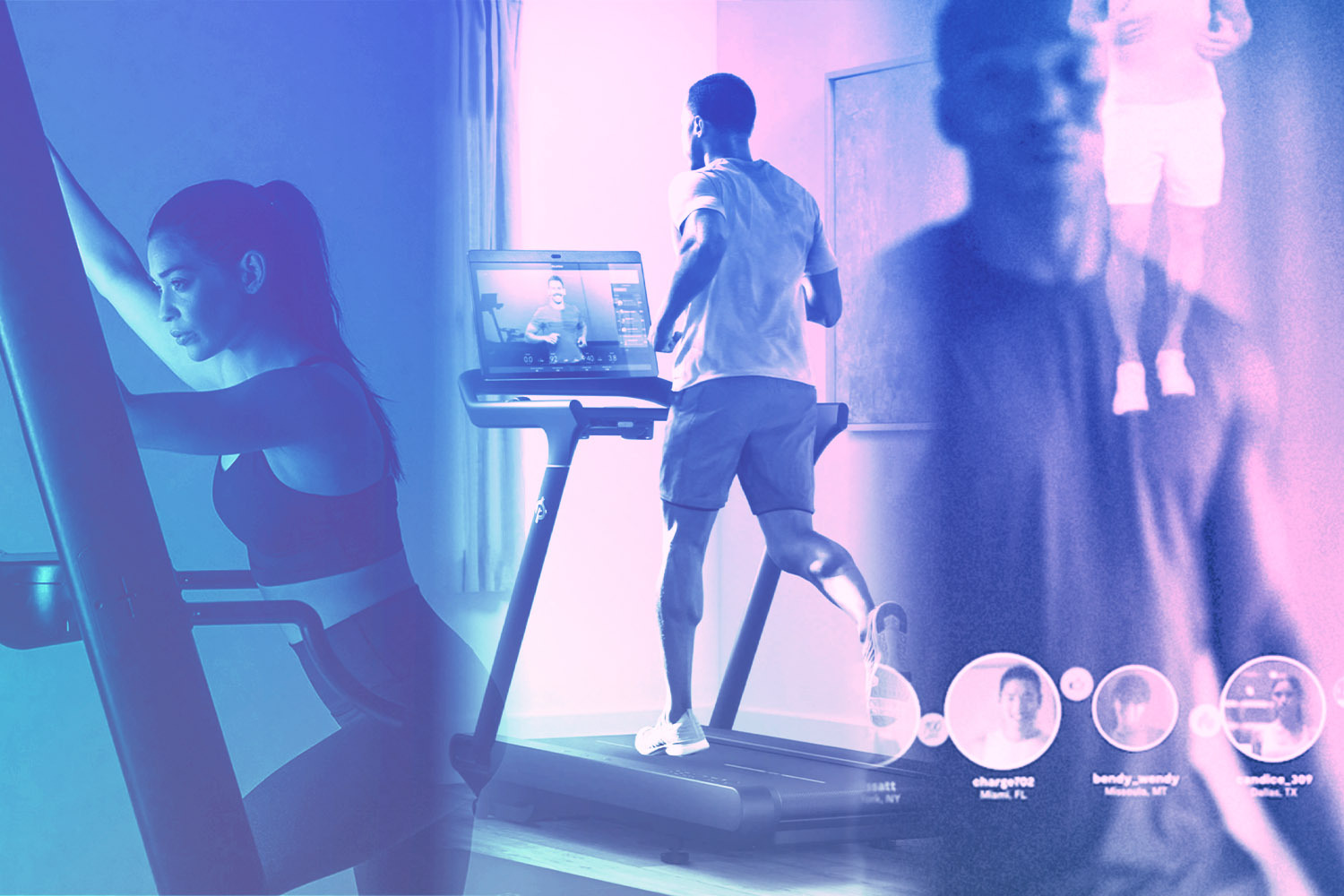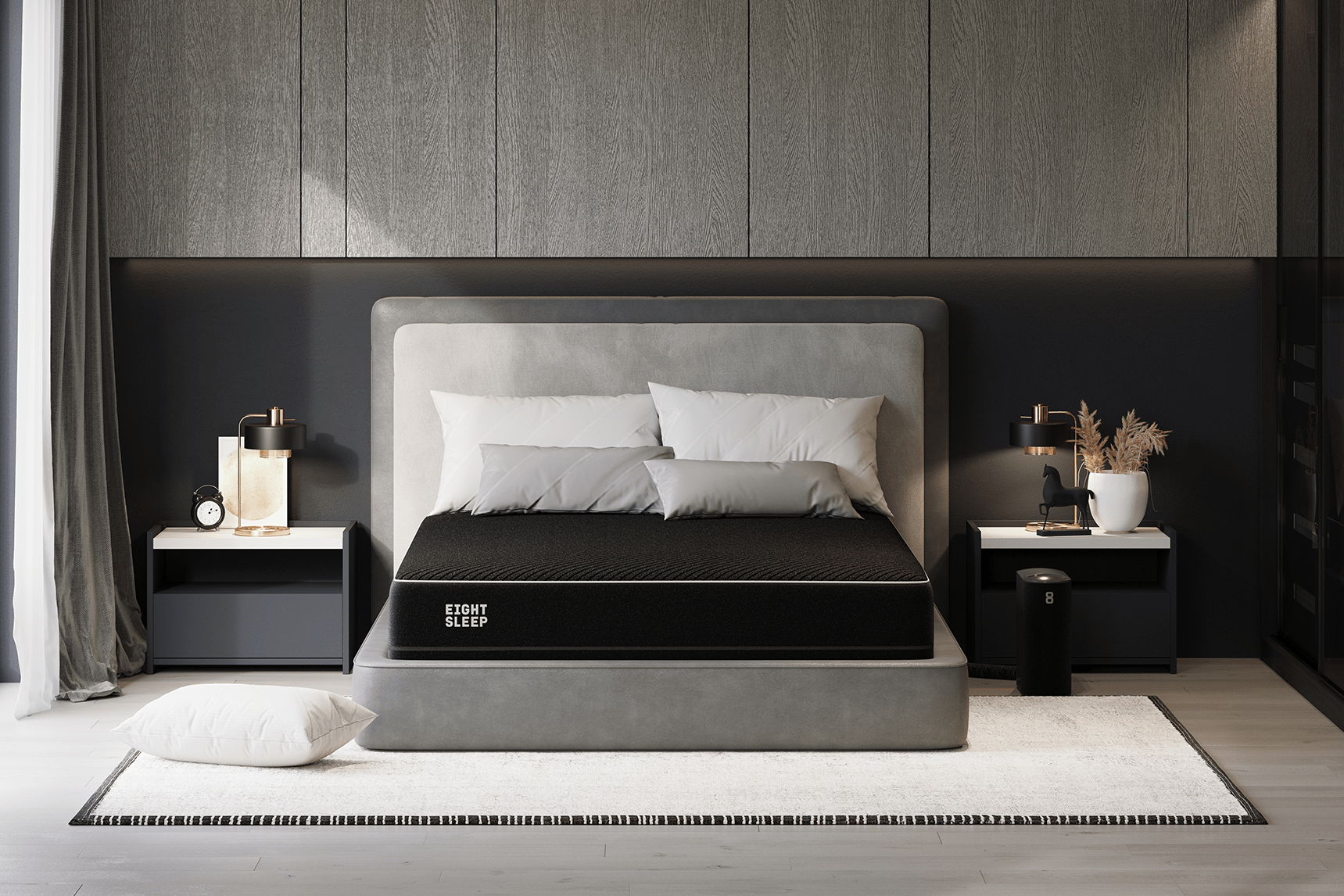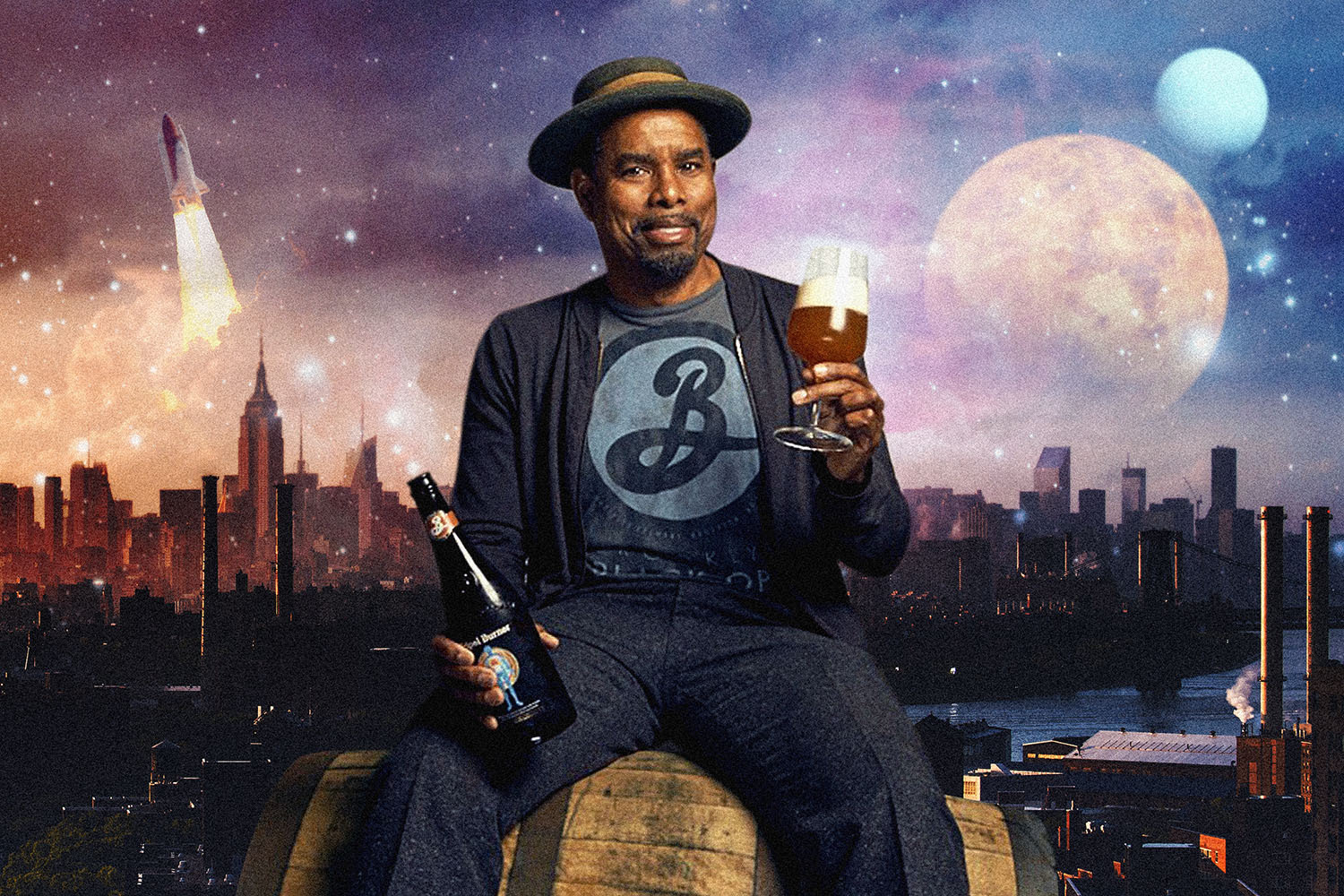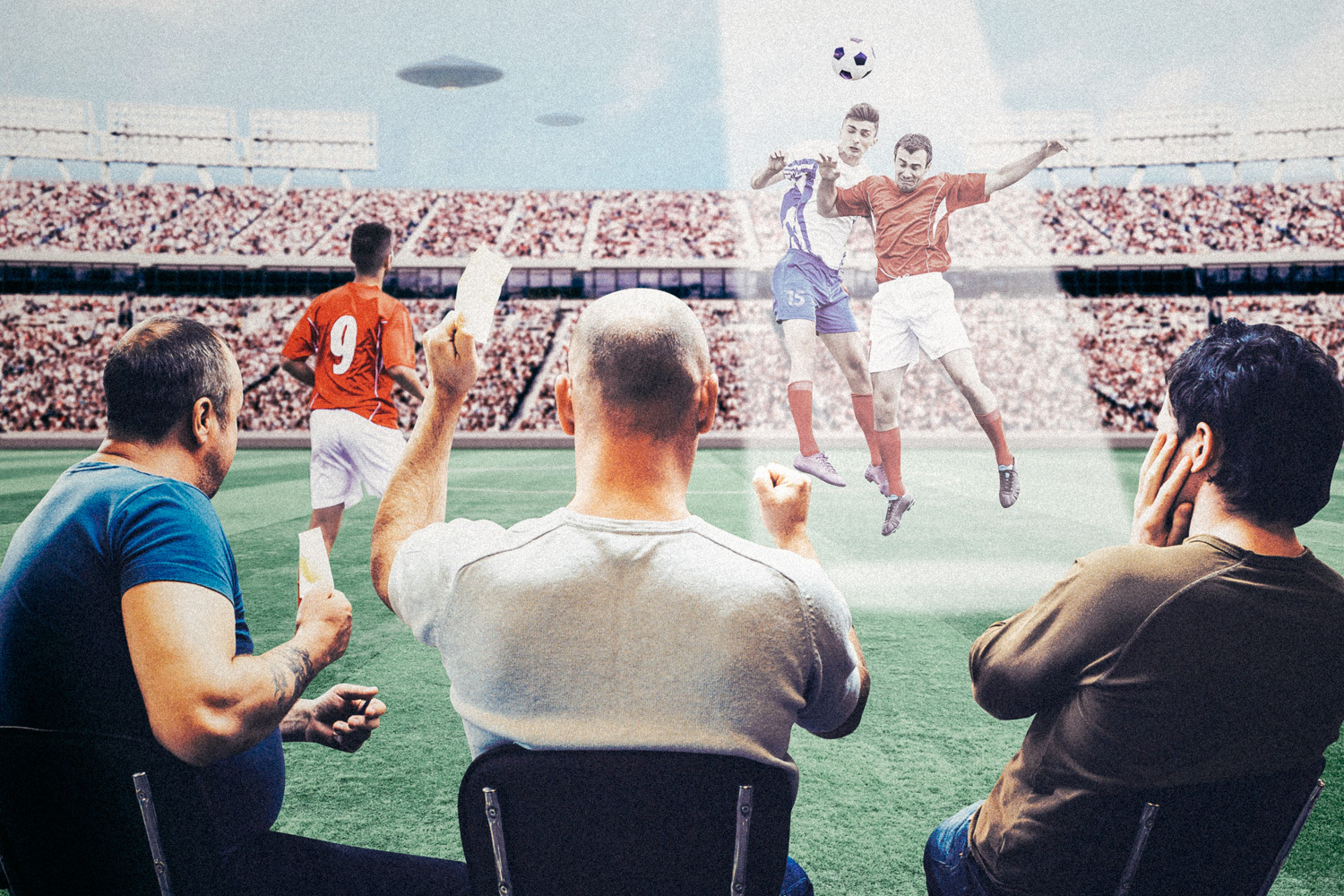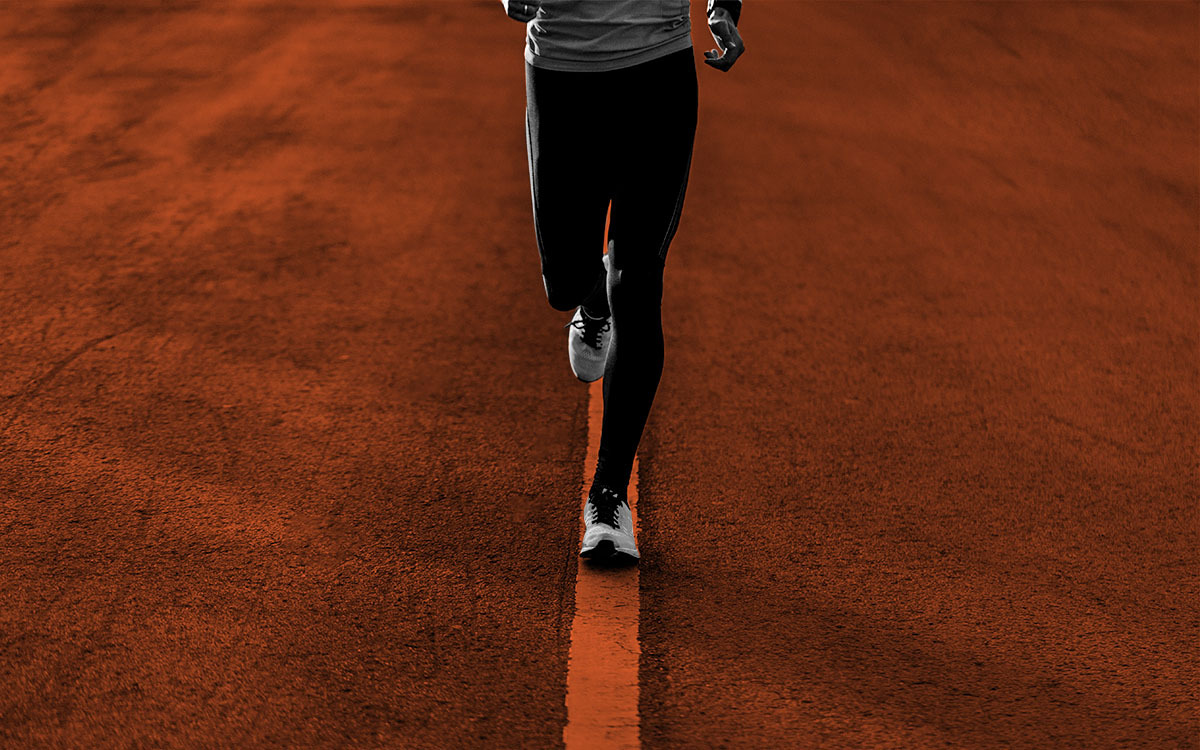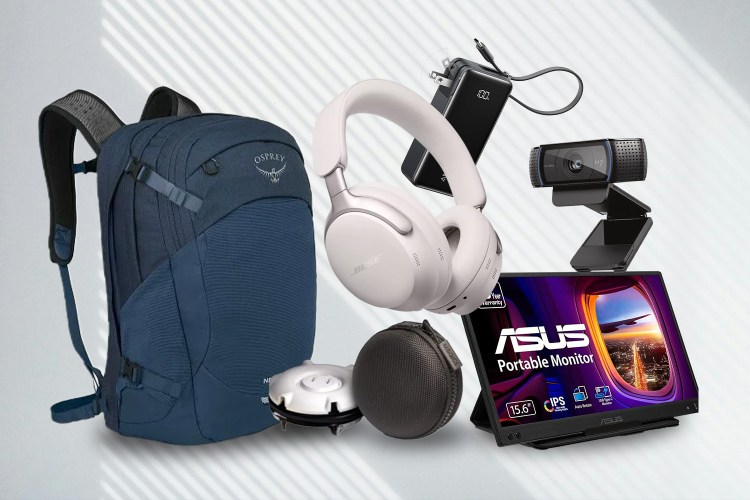You can spot them pretty easily if you know where to look. Next time you’re watching a trainer put some sorry soul through circuits on Instagram or a golfer rattle his fist after sinking a putt at Pebble Beach, keep your eyes peeled for a thin ribbon made of polyamide and elastane, worn on whichever wrist isn’t already occupied by a watch.
Success — let alone ubiquity — was far from preordained over the last 12 months for the Boston-based health monitoring brand WHOOP. CEO and founder Will Ahmed isn’t shy about acknowledging that. But the company managed to have a hell of a year anyway. Its fitness bands are now worn by pro sports stars like Pat Mahomes, Rory McIlroy and Gerrit Cole, and in the past month alone, the company has signed integration partnerships with CrossFit, Equinox and the U.S. Army.
Devotees swear by health monitors for their truth-telling prowess. Bands are worn every hour of the day, even in the shower, and constantly upload data; by sourcing biometric figures on heart-rate variability, respiratory rate, day strain and quality of sleep, they can gives athletes — and, increasingly, millions of amateurs — an opportunity to know exactly what sort of state their bodies are in.
By one estimation, the global fitness-tracker market size is on track to be a $92 billion industry by 2027. That’s what happens when Apple, Amazon, Garmin, Nike and Samsung all pour resources into the same space. Feeling left out, Google completed its acquisition of Fitbit a couple months ago. As of February 2021, though, WHOOP is hanging in there. The brand is valued at an impressive $1.2 billion despite its indie status.
It’s the result of an obsession Ahmed first started considering at Harvard, where he was holding down both a captaincy of the school’s squash team and long hours spent in the library. He was strong, at times, but there was little sustainability built into his routine.
Fitness is at an ultimate crossroads right now, thanks in large part to the pandemic. It goes beyond health monitoring and the blurring of professional regimens with those of you and your neighbors. There’s the heavy flow of investment from Silicon Valley, as Big Tech looks to plant a flag in the wellness personalization revolution. There are all the connected fitness machines people bought during quarantine, when gyms closed and even parks posed a threat. There is continued (and long overdue) attention now to fitness of the mind and spirit, which has come under fierce scrutiny in the exhausting WFH era.
To make sense of a time where answers feel scarce, we recruited Ahmed. His product speaks a ton of truth, and unsurprisingly, so does he. Below, find our interview with the WHOOP founder, edited and condensed for clarity, where the 31-year-old dishes on everything from the future of Peloton, to Transcendental Meditation, to the very real struggles of helming a growing company during a global crisis.
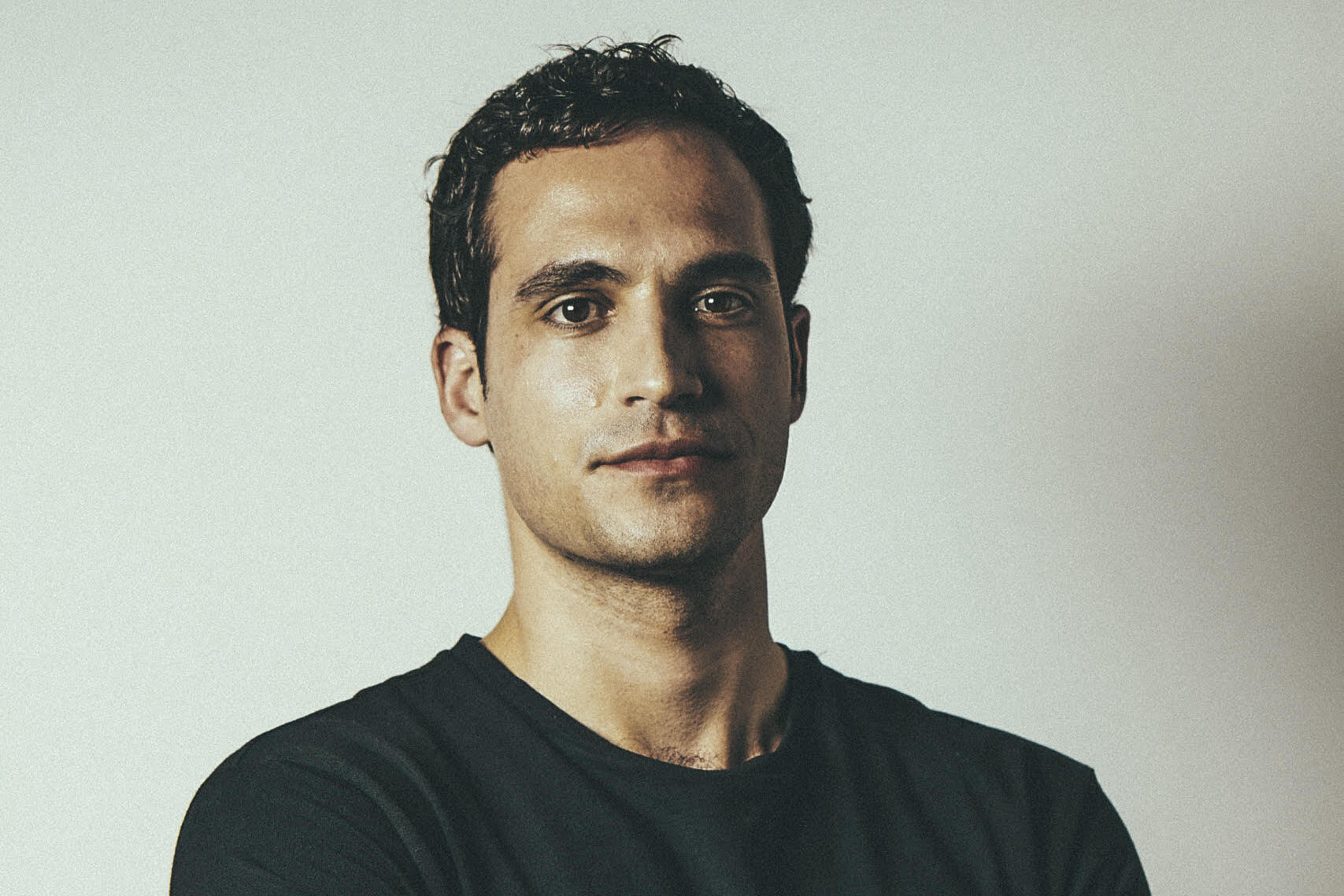
InsideHook: Is the new WFH world a net positive, or net negative for personal fitness?
Will Ahmed: Working from home has eliminated commuting for a lot of people, and that’s really improved sleep. We’ve seen on WHOOP that people are actually getting more sleep and sleeping more consistently. When we talk about health, we also think about sleep. And that’s pretty clearly been a positive. A lot of gyms closing … I don’t know if that’s good for personal fitness. Then you have feeling less comfortable going outdoors, so maybe they’re not getting to run or cycle as much. At-home fitness is great if people are motivated to do it, but often it requires a bit more infrastructure and motivation.
From WHOOP’s data-collecting perspective, does it matter to you guys how people exercise?
What WHOOP does well, is it shows you the “strain” of any workout. The workout you used to do at the gym, which you’re now doing at home, is that the same level of strain? Are you actually pushing yourself as hard? It can help people figure out if they’re actually effectively substituting their gym workout with a home workout.
What do you make of the connected fitness craze? Peloton, MIRROR, Tempo, Tonal … all these new home fitness machines. Are there too many options? Will people lose interest once the pandemic loosens up?
In general, having something in your home where you can exercise in a convenient way is a very valuable tool. I do think that once society opens up more broadly, at-home exercise will be less than what we see today. But at-home training will still be greater than it was before the pandemic. It’s a trend that’s here to stay. The technology has gotten better. Given the choice, people will go outside again, but there’s a convenience factor to having something in your home. Enough people adopted that technology during the pandemic. They’re still going to have it after the pandemic.
What do you make of the big tech companies getting into the fitness wearable space? Can we trust them with our personal information?
Health monitoring isn’t going anywhere. It’s one of the most important categories of the next five to 10 years — in terms of how profoundly it’s going to change society. It will so dramatically improve health for humanity. It’s actually underestimated, because the version one of wearables was actually sort of lame. People don’t realize how quickly it’s coming, that you’re going to have something on your body that can literally tell you exactly what to do to be healthier, to be better, to go see a doctor. That’s pretty exciting to be part of that. Building that future.
Given the potential for health monitoring, it’s inevitable that every big tech company will want to play in the space. Look, we believe privacy isn’t a setting. It’s a feature. First and foremost, this needs to be your data. It needs to be owned by the individual. Our origins were in professional sports, so we were worrying about this with the best athletes in the world long before we even had a business. Our business is selling a membership, selling a subscription. We don’t sell you. When you look at big tech companies, you have to ask yourself: Are they making money selling this little piece of hardware? Which seems eerily cheap? Or are they making money on that data? I think society will make the right decision.
Will the physical wearable look different five years from now? Ten years from now?
Wearable technology should either be cool or invisible. Those are the two lanes we like to play in. Most wearable technology is stuck in the middle. It’s not cool and it’s not invisible. We think it should either appeal to your aesthetic and say something about who you are — because wearing something 24/7 is a lifestyle decision, too — or it should disappear.
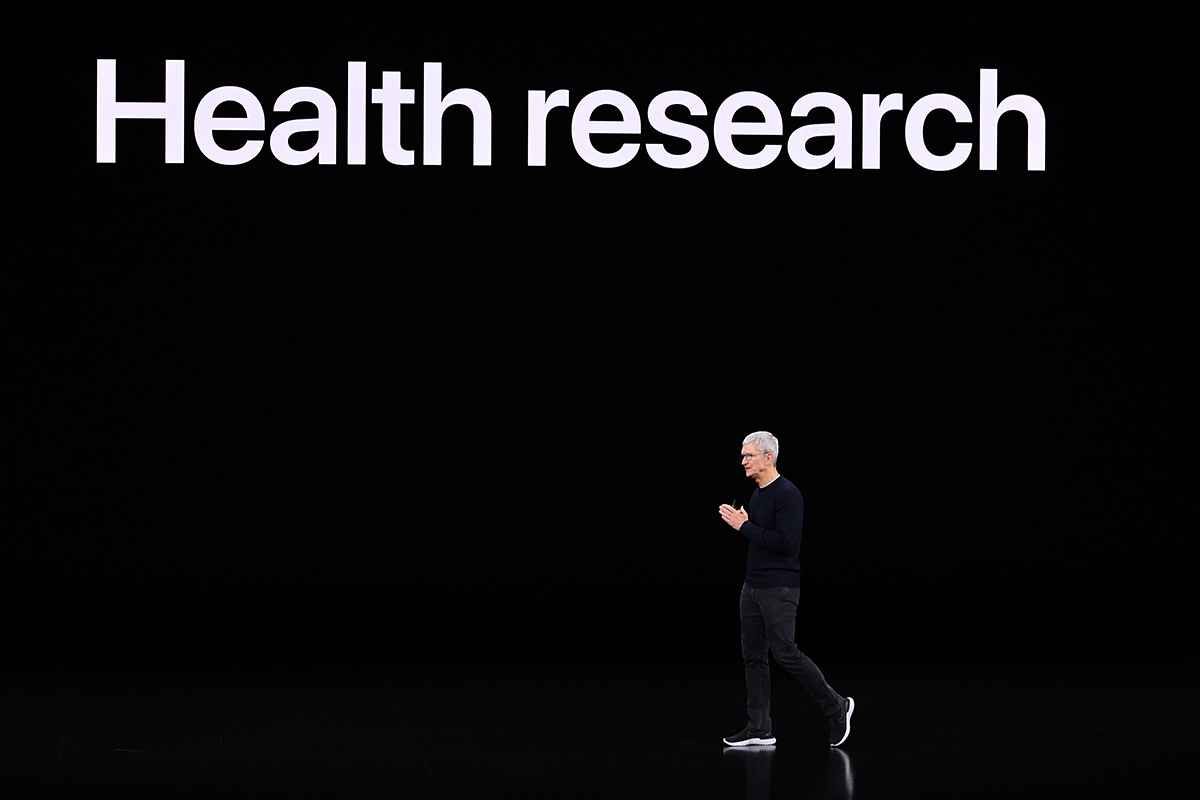
How have you gotten through the last 12 months? How has your own wellness routine changed?
It’s certainly a time I committed very heavily to working. A lot of my life is built around WHOOP. But over the last year, I realized this is kind of a once-in-a-lifetime moment. You’re going to remember how you respond to it. By the way, it wasn’t inevitable that WHOOP was going to have a successful year. We were nervous as a business. What does it take to manage a company remotely? How do I keep my investors updated? How do I make sure my employees are feeling safe and not worrying about their mental health? That they’re able to keep track of their families while also delivering value? How does your business strategy change during a global pandemic? How does the supply chain change when you manufacture things with China and all around the world?
I felt a spotlight had gotten turned really bright. I wanted to rise to that moment. For those reasons, I got very focused. I simplified my life. I don’t have a lot going on. I’m married, I don’t have kids, I live pretty close to my office. I realized that I’d remember 2020 as a year for my entire life, and would be one I wanted to look back on knowing that I competed. That I was in the moment. I tried to stay very present, I worked my ass off, I spent a lot of time communicating with members of my team, making sure they felt taken care of.
On the flip side of charging hard, I wanted to make sure I got a lot of sleep, I wanted to make sure I was still exercising and treating my body right. I tried not to get caught in a trap of drinking every night or something. I used to travel an enormous amount. Not traveling has simplified my life a lot. I’ve spent a lot of time with my wife. The theme I keep coming back to is try to be present. Even in meetings. The problem with not being in front of people is you’re staying at a screen which could have all these things happening on it. Notifications, whatever. It’s so easy to drift off and do email. I try to stay here. Meditating is huge, too. That’s something I’ve been doing for seven years. I tried to stay committed to that practice.
What brought you to meditation?
I got to a point of crisis. I was strung-out. I was an ineffective entrepreneur, I felt. This was around 2014. The company was 20 or 25 people. I raised millions of dollars but I didn’t feel like I was doing a good job. I felt anxious and stressed. I needed to find something to be more in control. This led me down this rabbit hole to Transcendental Meditation. I took a four-day course, and I’ve been doing it every single day since. It changed my life.
What are you most excited about that WHOOP has accomplished during the pandemic?
The impact we’ve had on WHOOP members. We’ve had an overwhelming number of messages from members saying that being able to better understand their bodies during a very unusual, uncertain time has been extremely reassuring. It’s been a good reminder to them to invest in their health. Back to what I was doing personally, WHOOP does a great job of reinforcing. You know, getting sleep. Not drinking too much alcohol. The positives of meditation. Exercise. How’s your diet affecting your body? If you’re really stressed, get more rest. Don’t burn it on both ends.
And then, of course, we did all this research around respiratory rate. We showed that an elevated respiratory rate could predict COVID-19. We’ve had thousands and thousands of people use WHOOP as an early indicator for COVID-19, which is amazing.
Do you have any macro predictions for the fitness industry over the next decade?
Health improvement will increasingly become personalized. Mass-market health advice is BS. It’s not like everyone should do the keto diet. It’s not like everyone should do the paleo diet. It’s not like everyone should do 10,000 steps. It’s what’s right for you. What’s the recipe of things that’s right for you? That’s what’s pretty exciting about health monitoring. It can help you effectively A-B test these things about your body.
Whether you’re looking to get into shape, or just get out of a funk, The Charge has got you covered. Sign up for our new wellness newsletter today.
